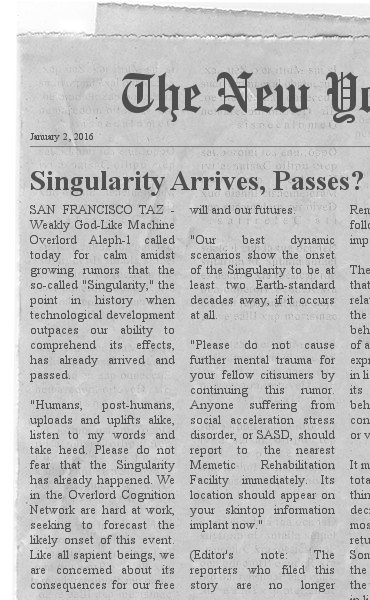Following the lead

"In the second half of the nineteenth century, many European countries and Canada would begin to catch up with the American movement toward broader communications and education. The taxes and other restraints on the press would be reduced in Great Britain and elsewhere."
pg 111
American choices would soon become the standard toward media relations in most developed nations, even its former country would soon loosen the reigns it had on its media. Taxes were no longer being used as a form of constraining media but rather as a means of expanding media and making it a bigger umbrella. This would help in that it would help to ensure certain ideas of that were expressed in the constitutions. Ideas such as freedom of speech. Of course acts like the alien and sedition act would make it so that these early hopes would not be realized. Still the fact that the United States were creating some sense of uniformity with regard to media relations is remarkable. The United States would make freedom of thew press a commonality.
pg 111
American choices would soon become the standard toward media relations in most developed nations, even its former country would soon loosen the reigns it had on its media. Taxes were no longer being used as a form of constraining media but rather as a means of expanding media and making it a bigger umbrella. This would help in that it would help to ensure certain ideas of that were expressed in the constitutions. Ideas such as freedom of speech. Of course acts like the alien and sedition act would make it so that these early hopes would not be realized. Still the fact that the United States were creating some sense of uniformity with regard to media relations is remarkable. The United States would make freedom of thew press a commonality.

1 Comments:
A good post. Understanding how public education policy, postal subsidies and tax policy nurture communications networks and markets is key to understanding the growth of the media in America and why other countries failed to match that growth.
Post a Comment
<< Home